|
|
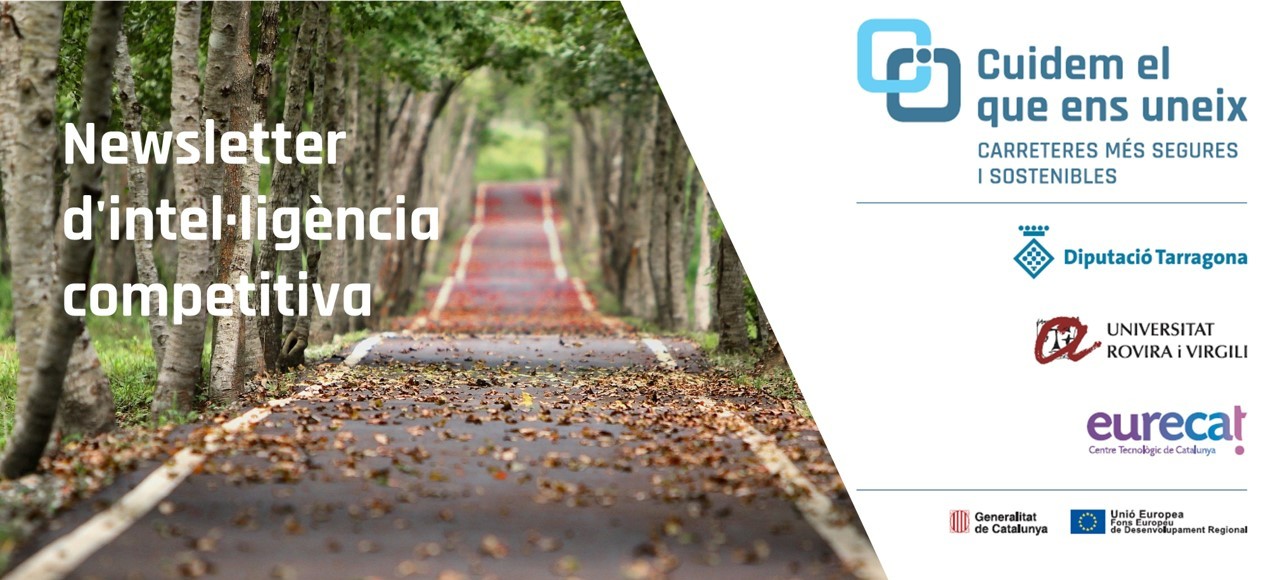 |
Novembre 2022
Projecte d'especialització i competitivitat territorial (PECT) emmarcat en la RIS3CAT i el PO FEDER de Catalunya 2014-2020.
"CUIDEM EL QUE ENS UNEIX. CARRETERES MÉS SEGURES I SOSTENIBLES"
El Projecte d’especialització i competitivitat territorial (PECT) ‘Cuidem el que ens uneix. Carreteres més segures i sostenibles’ desenvolupa solucions innovadores en l’aplicació de materials per a la construcció i manteniment de la xarxa de carreteres i en la seva senyalització. Té la finalitat de millorar la seguretat viària, la sostenibilitat del territori i la generació de noves oportunitats d’activitat econòmica. Liderat per la Diputació de Tarragona, hi participen també la Universitat Rovira i Virgili i Eurecat. El projecte està cofinançat pel Fons Europeu de Desenvolupament Regional (FEDER) de la Unió Europea, en el marc del Programa operatiu FEDER de Catalunya 2014- 2020, objectiu d’inversió en creixement i ocupació.
|
|
|
|
|
|
Editorial: Article del mes
|
|
|
|
|
|
|
|
|
|
|
La millora de les xarxes vials i ferroviàries pot tenir beneficis socials i econòmics, però també conseqüències ambientals importants sobre la biodiversitat i els serveis ecosistèmics. Sospesar les conseqüències ecològiques de construir i operar infraestructura de transport en llocs específics contra els beneficis socials i econòmics que resultarien és essencial per prendre decisions encertades. Aquest estudi va tenir com a objectiu produir una avaluació fonamental i globalment consistent dels riscos i els beneficis per a les persones i la naturalesa dels projectes d'infraestructura de transport per carretera i ferrocarril a gran escala planificats actualment. En darrer terme, això pot ajudar a millorar la presa de decisions en l'àmbit regional, nacional i mundial. L'estudi també va incloure el desenvolupament d'una nova base de dades global de carreteres i vies fèrries planificades. Els resultats detallats de l'anàlisi es poden explorar utilitzant Global Infrastructure Impact Viewer (GIIV), una eina basada a la web que es va crear per a aquest projecte.
|
|
|
| |
|
|
|
|
|
|
|
|
|
|
|
| |
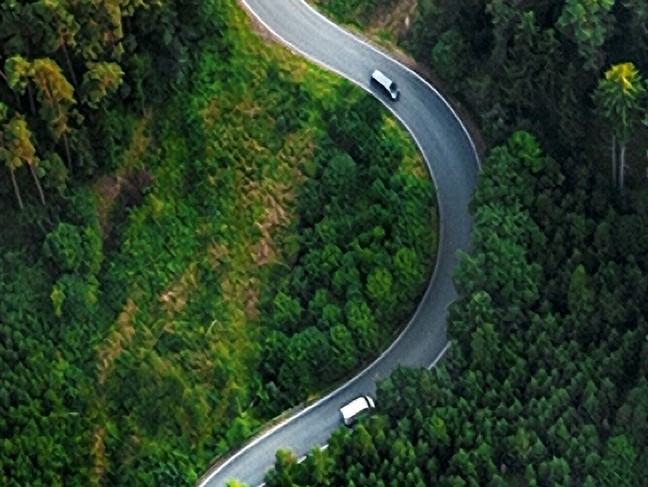
|
|
| Improving the sustainability of asphalt pavements |
|
|
The major challenge facing materials for asphalt pavements with respect to sustainability, is that the production of asphalt is energy and green house gas (GHG) emissions-intensive. To improve the sustainability of asphalt pavements, it's necessary to reduce both the energy and emission levels, which means effectively using fewer virgin materials and extending the lives of asphalt mixtures.
|
| |
|
|
|
| |
| |

|
| |
| Pedestrians choose healthy obstacles over boring pavements |
|
|
Providing 'Active Landscape' routes in urban areas could help tackle an 'inactivity pandemic' and improve health outcomes. This study examined how likely people are to pick a more challenging route over a conventional one and which design characteristics influenced their choices.
|
| |
|
|
|
| |
|
|
|
|
|
|
|
|
|
|
|
| |
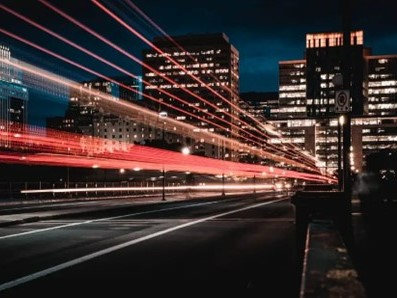
|
|
| Smart Roads: How AI in Transportation Keeps Drivers Safe |
|
|
Many countries are already implementing projects related to smart cities to change, simplify people’s lives, and improve infrastructure, including transportation. Smart infrastructure is the largest segment of the global smart city market. Has road technology reached sophistication?
|
| |
|
|
|
| |
| |
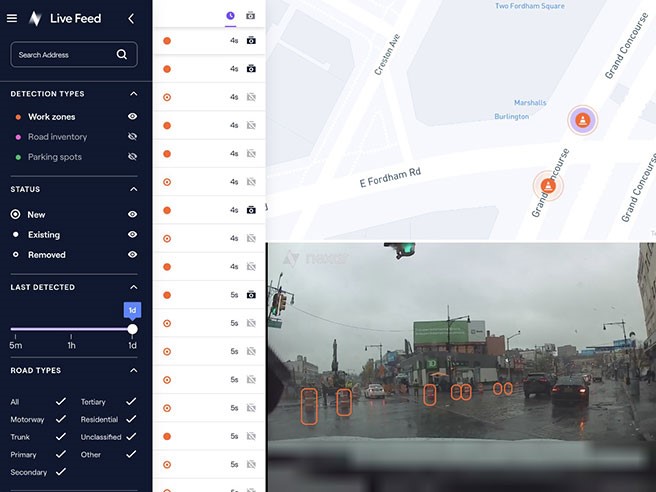
|
| |
| Nexar releases CityStream Live, a real-time mapping platform for mobility |
|
|
CityStream Live enables the mobility industry, including connected vehicles, maps, mobility services, digital twins or smart city applications, to access a continuous stream of fresh, crowdsourced road data. Thanks to Nexar’s massive network of “eyes on the road,” edge AI and change-detection capabilities, CityStream Live is already available to industry design partners.
|
| |
|
|
|
| |
|
|
|
|
|
|
|
|
|
|
|
| |
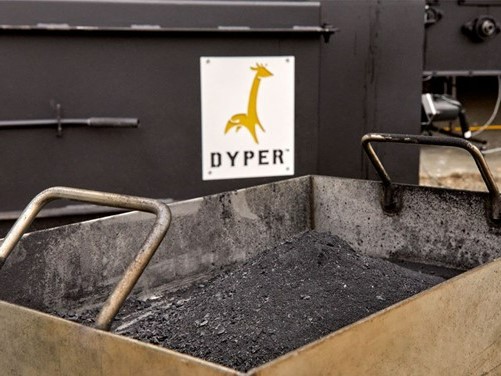
|
|
| US’ Dyper converts soiled diapers & wipes into usable biochar |
|
|
Dyper, US’ diapering company, has become the first company to char a diaper with its Byochar technology. With this innovation, Dyper enters the biochar economy by turning soiled diapers into biochar. Biochar can serve as a soil amendment, a concrete and asphalt filler, assists in air purification and water filtration, and an additive for pigment for paint and inks.
|
| |
|
|
|
| |
| |
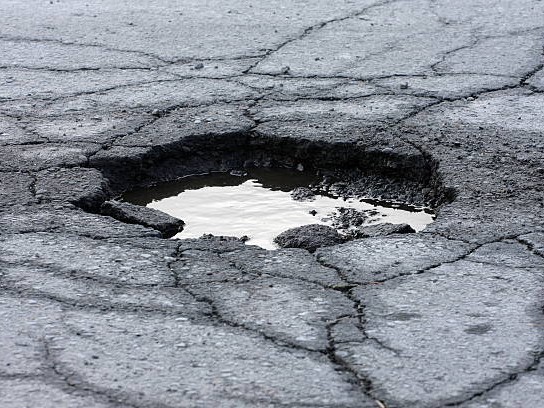
|
| |
| New technology to reduce potholes |
|
|
Researchers have developed new "intelligent compaction" technology, which integrates into a road roller and can assess in real-time the quality of road base compaction. Improved road construction can reduce potholes and maintenance costs, and lead to safer, more resilient roads.
|
| |
|
|
|
| |
|
|
|
|
|
|
|
|
|
|
|
| |
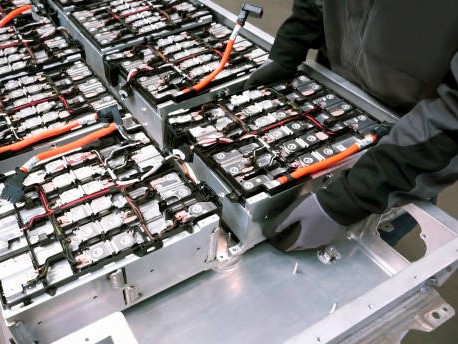
|
|
| New battery technology has potential to significantly reduce energy storage costs |
|
|
An international team of researchers are hoping that a new, low-cost battery which holds four times the energy capacity of lithium-ion batteries and is far cheaper to produce will significantly reduce the cost of transitioning to a decarbonised economy.
|
| |
|
|
|
| |
| |
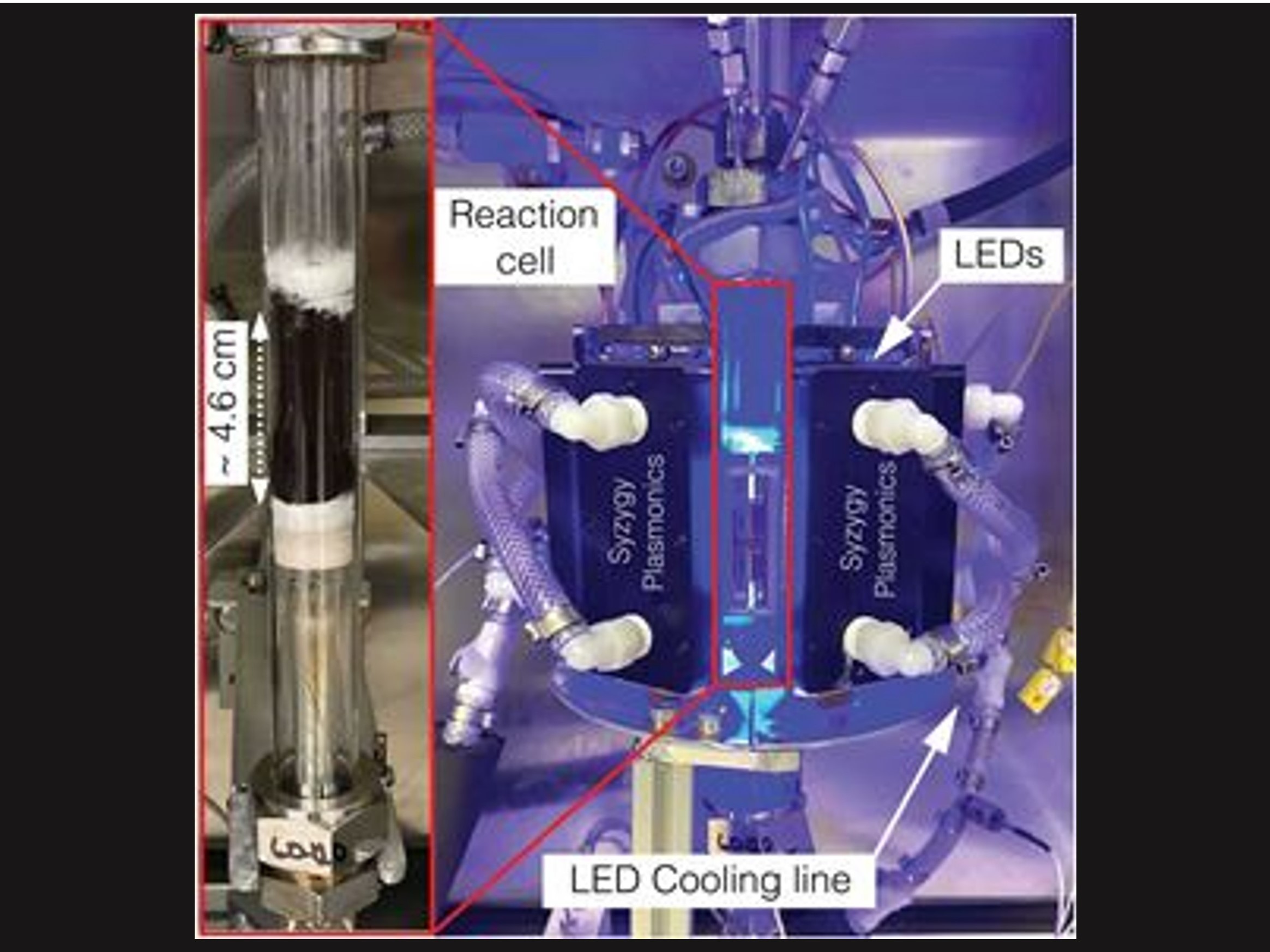
|
| |
| Novel nanomaterial catalyst swaps heat for light |
|
|
Researchers at Rice University have engineered a key light-activated nanomaterial for the hydrogen economy. Using only inexpensive raw materials, they created a scalable catalyst that needs only the power of light to convert ammonia into clean-burning hydrogen fuel.
|
| |
|
|
|
| |
|
|
|
|
|
|
|
|
|
|
|
| |
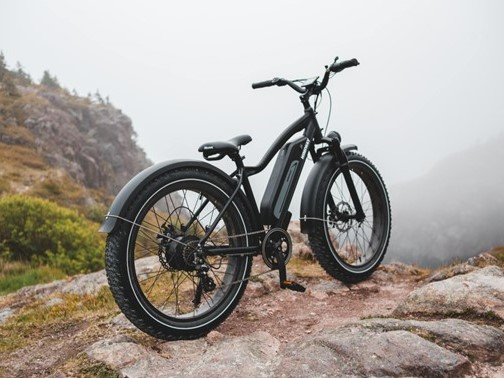
|
|
| This electric bike is on the road to being entirely fossil-free by 2025. Here’s how |
|
|
Swedish energy company Vattenfall and electric bike maker CAKE are collaborating on a project to make a fossil-free dirt bike. To become fully fossil-free, all the materials and components – from steel, to plastic, suspension and the battery – must be produced and transported without any fossil fuels or sources being used.
|
| |
|
|
|
| |
| |
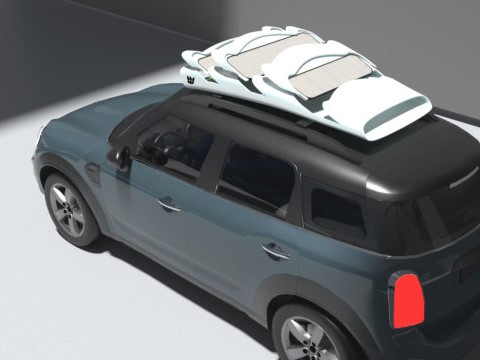
|
| |
| A car rooftop module that cleans the air |
|
|
Reverso is a module-based product that cleans the air and can be installed on top of vehicles. The Reverso module consists of multiple filters that are able to clean microparticles from the air, benefiting from the velocity and aerodynamics of the vehicle.
|
| |
|
|
|
| |
|
|
|
|
|
|
|
|
|
|











